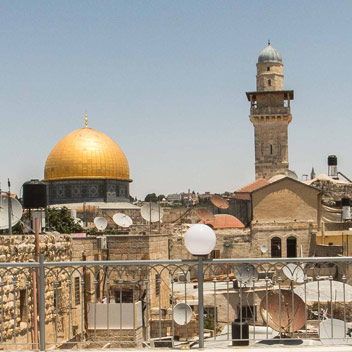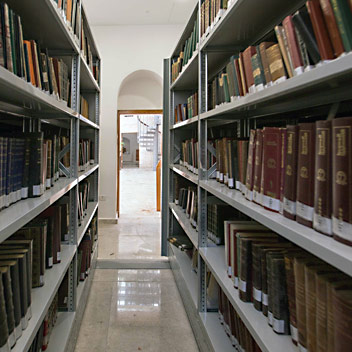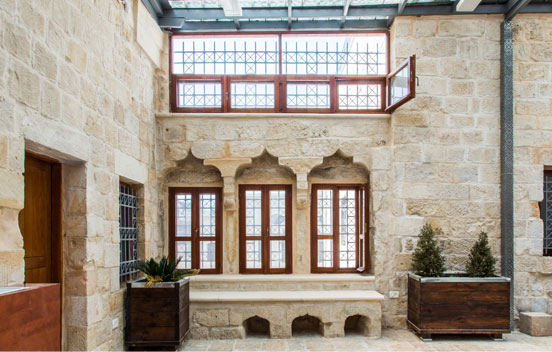Al Khalidiyya



The Khalidi Library (Al Khalidiyya), established in Jerusalem in 1900 by Haj Raghib al Khalidi (d.1951), is the first Arab public library established by private initiative in Palestine.
The Khalidiyya is located in the Old City of Jerusalem in Tariq Bab al Silsilah about 150 yards away from Bab al Silsilah, one of the main gates to al Haram al Sharif. The Khalidiyya contains the largest private collection of Arabic manuscripts in Palestine and one of the largest such collections in the world. The Khalidiyya MS holdings contain ...
Search our catalogue
KHALIDI FAMILY


The al-Khalidis are a Jerusalem family that traditionally traces its ancestry to the great early Muslim conqueror Khalid ibn al-Walid (d. 642 AD). It is documented that there was a family called Khalidi in Jerusalem in the 11th century AD. The best attested family lineage however dates back to the 14th and 15th centuries AD when a Dayri/Khalidi trio of father and two sons became grand judges of the Mamluk Empire. From this trio descended a long line of judges, scholars, Muftis and notables in an unbroken chain that constituted what the French call a noblesse de robe. The family was loyal to the Ottoman regime and when the 19th century brought about an Arab Nahda or Awakening two Khalidis in particular were prominent intellectual figures and statesmen in that Nahda: Yusuf Dia Pasha (d. 1906) and Ruhi Bey (d.1913), while their cousin, Nazif Bey (d.1916), an engineer, was chief engineer of the Hijaz railway: another modern trio.
Support the Library
Library Gallery





